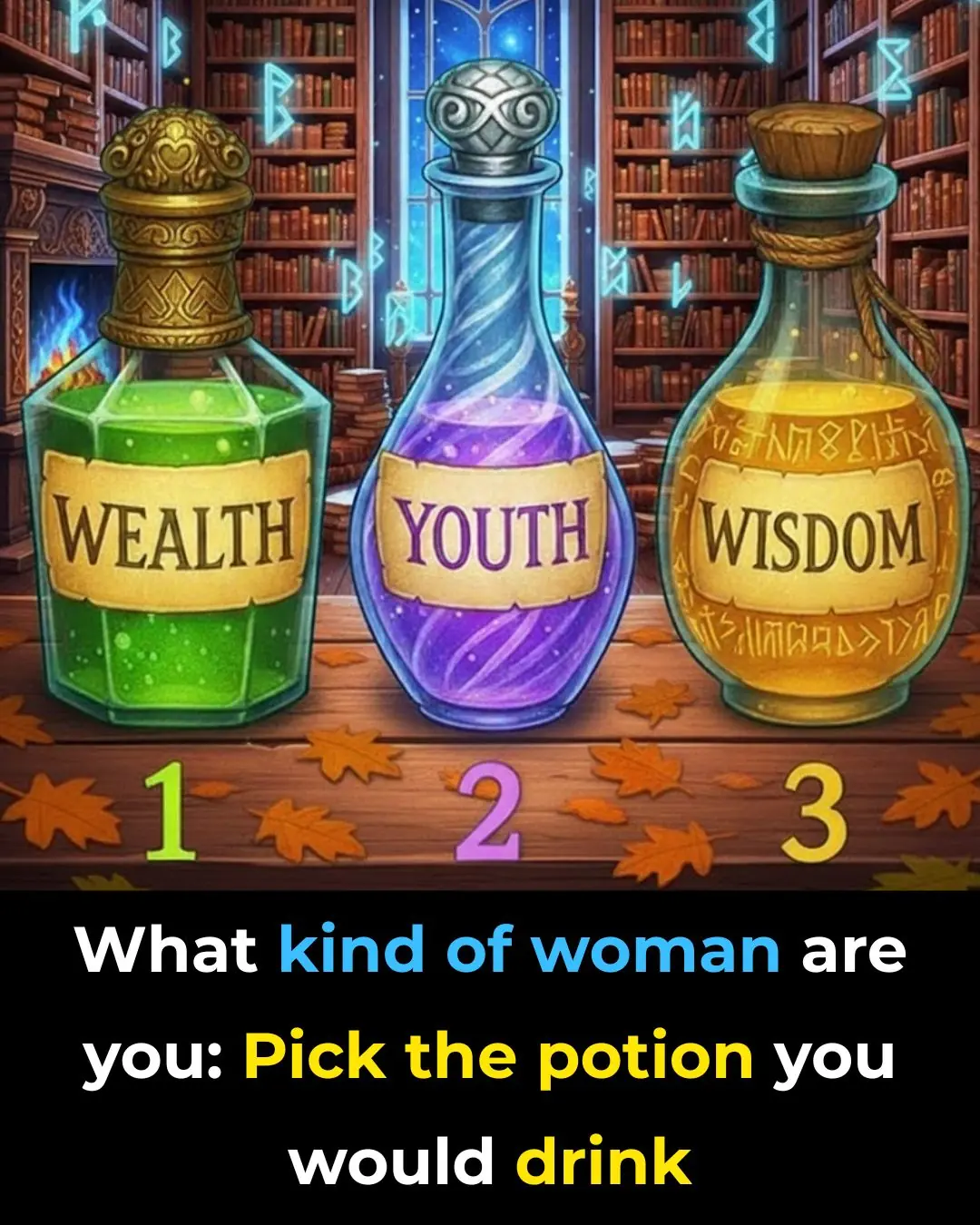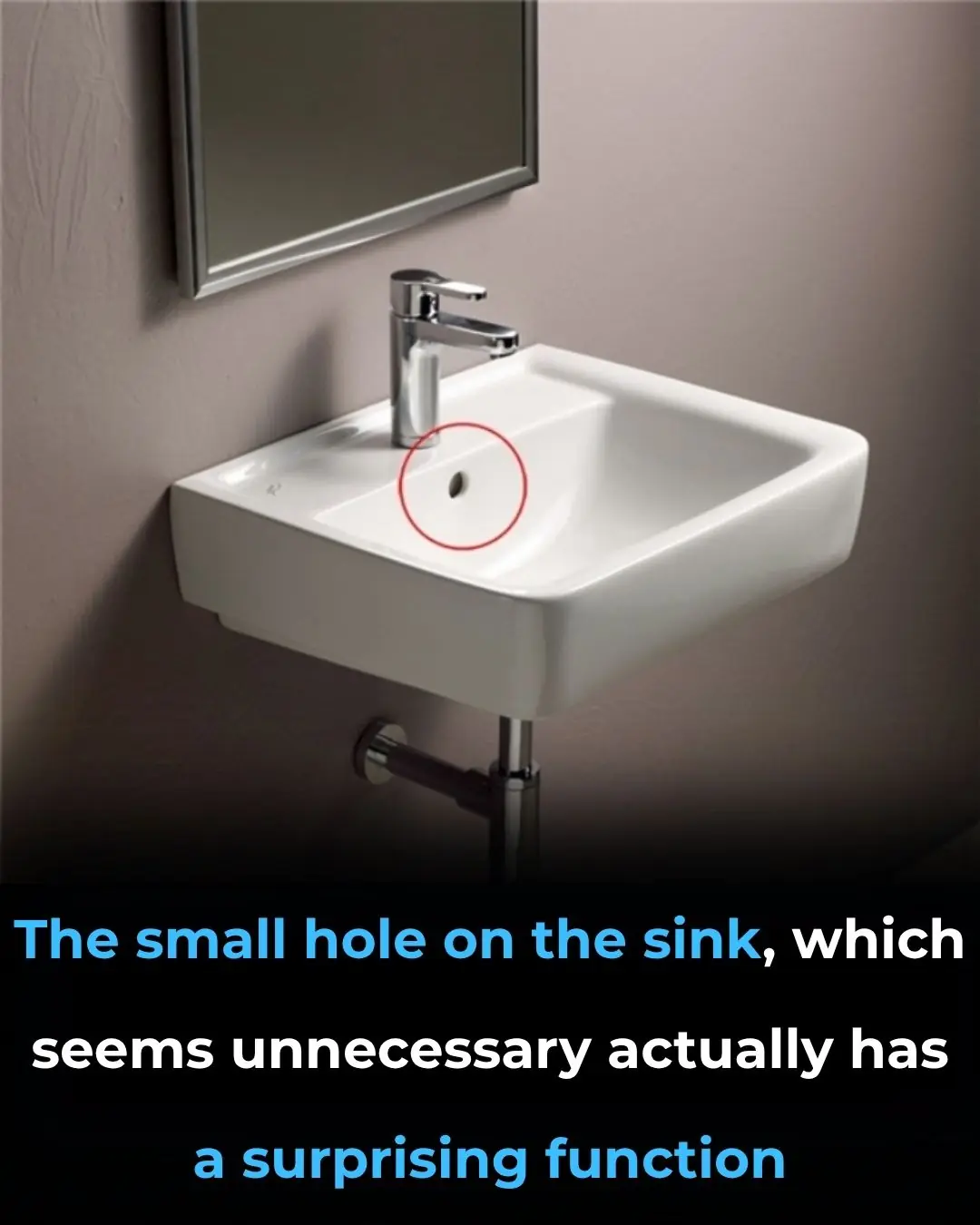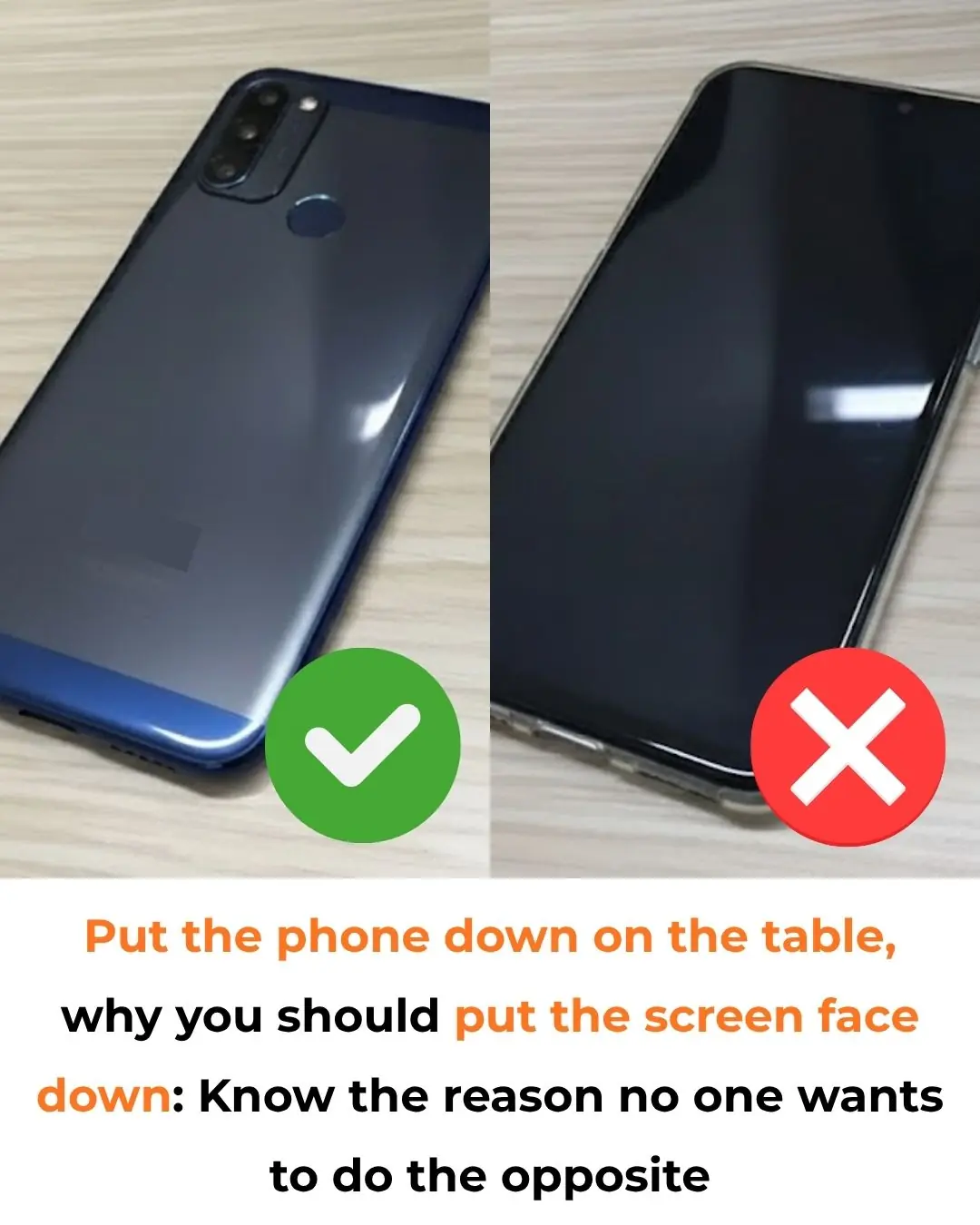
The Meaning Behind the WC Toilet Sign
The Surprising Meaning Behind “WC” — A Tiny Abbreviation with a Long History
Across the world, people have countless names for the same essential room — washroom, restroom, loo, bathroom, or toilet. Yet one abbreviation appears everywhere, from airports to European cafés: WC. For many, it’s simply a symbol for a public toilet. But few know what those two letters actually stand for.
Recently, a TikToker went viral after revealing that “WC” means “Water Closet.” The explanation left thousands of viewers stunned, with many admitting they had used the term for years without ever knowing its origin.
From Victorian England to Modern Signs
The phrase water closet dates back to 19th-century England, around the 1870s, when indoor plumbing was still a luxury. At the time, most homes relied on outdoor privies or communal latrines. When engineers first began installing flush toilets indoors, these devices were often placed in small, enclosed spaces — quite literally closets. Thus, the “water closet” was born: a private little room equipped with a modern flushing system.
This was a time when the concept of sanitation was rapidly evolving. The introduction of running water and proper drainage systems revolutionized hygiene and home design. Having a water closet in one’s home was a mark of modernity and affluence — a symbol of progress in the Victorian era’s obsession with cleanliness.
As plumbing technology spread throughout Europe, the phrase “water closet” was gradually abbreviated to WC, a convenient shorthand that fit neatly on signs and architectural plans.
How WC Spread Around the World
By the early 20th century, WC had become the international term for a room with a flush toilet. English influence — particularly through colonial expansion and trade — helped the abbreviation take root far beyond Britain.
Even today, you’ll see WC signs across Europe, Asia, and parts of Africa, especially in older establishments or places designed to accommodate tourists. In many European countries, “WC” remains the standard label for restrooms, often appearing alongside translations like Toilette in France or Banho in Portugal.
In contrast, English-speaking countries such as the United States, Canada, and Australia tend to prefer more modern alternatives like restroom or bathroom. However, travelers often encounter WC in airports, hotels, and historic buildings, where the label endures as a universal symbol.
Social Media’s Reaction: “I Had No Idea!”
When the meaning of WC resurfaced online thanks to a viral TikTok video, users were both amused and amazed. Many commented that they had assumed it was simply a European term for toilet or washroom without realizing it stood for water closet.
“I’ve seen the WC sign in hotels all my life and never thought to ask what it meant,” one commenter wrote. Another added, “It sounds so fancy — like something straight out of a Victorian novel!”
The revelation also sparked a broader discussion about how everyday words evolve over time and how easily we forget their origins.
A Symbol That Stood the Test of Time
Although few people still use the term water closet in conversation, the abbreviation WC has become an enduring international icon. It’s instantly recognizable — simple, practical, and understood across language barriers. Even in modern architecture, where sleek icons often replace words, WC remains a universal shorthand for public toilets.
Part of its persistence comes from its neutrality. Unlike words like toilet or bathroom, which carry cultural nuances, WC is clear and direct — an unambiguous label that travelers can rely on anywhere in the world.
The Evolution of Language and Everyday Life
The story of WC is more than just trivia about bathroom signs. It reflects how language, technology, and society evolve together. In the 1870s, the “water closet” represented cutting-edge innovation — the promise of better hygiene and modern living. Today, it survives as a two-letter echo of that Victorian past, still visible on restroom doors from London to Bangkok.
It’s a reminder that the language we use every day often carries centuries of history behind it. Words and abbreviations, like the humble WC, endure long after their literal meanings have faded from memory.
Final Thought
So the next time you spot a WC sign in a hotel hallway or train station, you’ll know it’s more than just a practical label. It’s a small piece of history — a linguistic artifact from an era when running water and indoor toilets were marvels of modern engineering.
From water closet to worldwide code, the WC has quietly made its mark on global culture, proving that even the most ordinary words can have extraordinary stories.
News in the same category


Choose a Potion

Trump Claims Tariffs Ended Six Wars: The Politics Behind His Latest Foreign Policy Assertion

Scientists Catch Grumpy Cat of the Himalayas on Camera for the First Time

Most people will go their entire lives without ever knowing what the microwave ring cover is actually for

The reason behind children not visiting their parents

Backlash Grows After Trump’s Dismissive Comment to Female Journalist

Scientists Just Won a Nobel Prize for Discovering How to Stop Your Immune System from Attacking You

What’s the Reason Behind Painting Trees White?

People Left Disgusted: Shocking Truth About How Crabsticks Are Made

The Purpose of the Overflow Hole in Your Sink You Never Knew

The reason behind children not visiting their parents

Powerball Winner Turns $2 Billion Fortune Toward Rebuilding Fire-Ravaged L.A. Homes

The Astonishing Claim That Humans Might Be Built for 20,000 Years

Signs Your Adult Child May Resent How You Raised Them

What’s the Reason Behind Painting Trees White?

When ants randomly crawl into the house, here's what the Universe is trying to tell you

6 things in the house that reveal a messy woman

What it means to let your gray hair grow and not dye it, according to psychology
News Post

A Hug That Heals: Rescuing a Traumatized Child

Compassion on the Menu: Argentinian Restaurant Gives Stray Dogs a Place to Belong

Stranded on the Highway — and Then 9 Strangers Changed Everything.

A Long Push, A Quiet Kindness.

Top 3 Natural Remedies for Tooth Decay Using Guava Leaves

Life Skills in Action: How a 14-Year-Old Saved the Day on a Family Road Trip

The Gift of Life: How Blood Donations Save Children Fighting Cancer

The Secret to Perfectly Sweet and Fluffy Boiled Sweet Potatoes: Add Just One Spoon of This!

Surviving the ICU: Carter’s Story of Strength and Grace

A Night to Remember: 19-Year-Old Austin Takes His 89-Year-Old Great-Grandma to Prom

How to Store Fresh Ginger for Up to a Year — No Fridge Needed!

Our Oldest Rescue, Tiger, Crosses the Rainbow Bridge: A Legacy of Love and Hope

Halo’s Second Chance — A Promise of Forever

Why should you put your suitcase in the bathroom when checking into a hotel: Extremely important reason, those who don't know are at a disadvantage

The washing machine accumulates a lot of dirt and bacteria: Pour 1 bowl of this into the washing drum to clean like new, clothes smell fresh right away

Put the phone down on the table, why you should put the screen face down: Know the reason no one wants to do the opposite

Comfrey Fertilizer: The Secret Natural Booster Your Garden Needs

Crush a handful of these leaves and put them in the room, all the mosquitoes will fly away, so you can sleep with peace of mind

Don’t Just Put Shrimp Straight into the Fridge! Do This Extra Step and Keep Shrimp Fresh and Delicious for Up to a Month Without Losing Flavor
